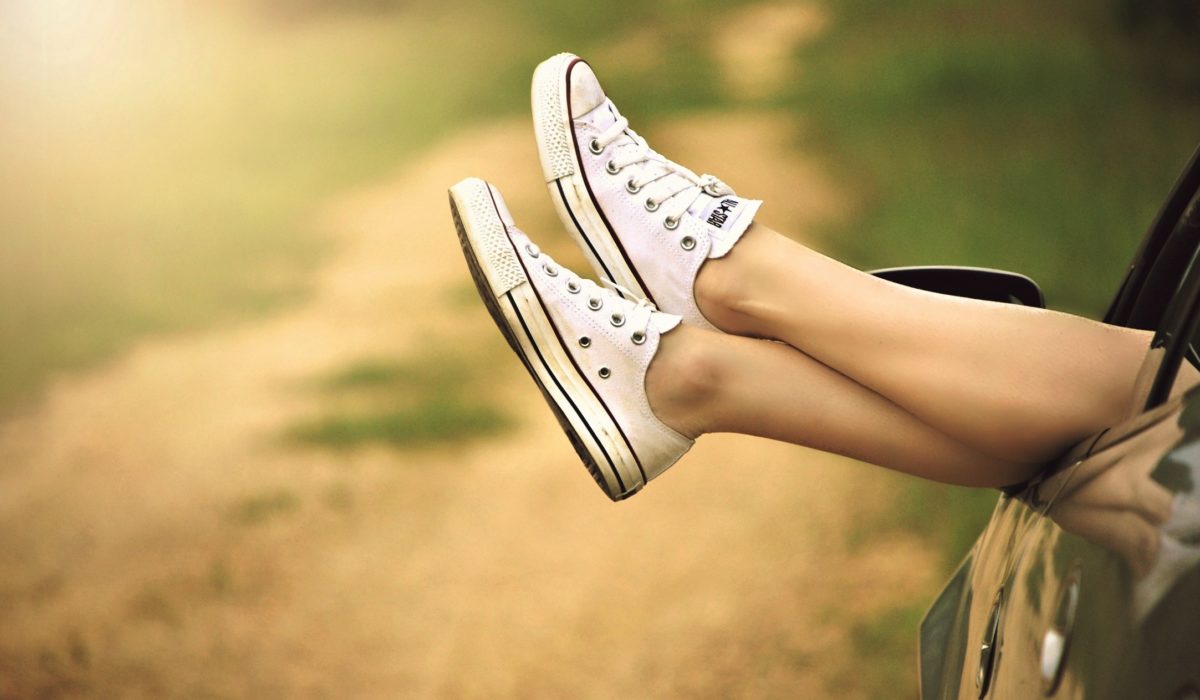
From Arianna Huffington’s new book, THE SLEEP REVOLUTION, in which she describes both the necessities and benefits of sleep — AND has established NAP ROOMS in her offices for employees –to countless apps and articles, AND blog encouragements from me on the benefits to meditation — the message “out there” is about slowing down, taking your time, focusing, paying attention and consequently improving life and work in general! Gone are the days when people sat down, pulled out the calendar and bragged, literally bragged, about WHO among us might be the busiest! About WHO could get by on the least amount of sleep! About WHO was doing the most with the least amount of time….and multi tasking at unheard of levels. Well, at least it’s my hope those times are gone!
We are hurting ourselves, and putting those around us at risk, as well, when the pace is unrealistic and accelerated in every environment we live in and work in. Working too hard and playing too hard needs examination. And NOW I’m throwing out another dimension for consideration. What is it like to do ABSOLUTELY NOTHING? And how would/could you describe or define absolutely nothing? And is it worthwhile? Or am I just adding more pressure for change?
I began to give this more thought after watching a Charlie Rose interview with David Brooks on PBS. TWO of my favorite people in conversation about many, many things was a treat on multiple levels, and thrown into the mix of life and politics and personal and spiritual goals, Rose shared that in a conversation with an individual who was dying (he did not name the person so it could have been someone ordinary or famous), that man said, “If I had longer time, I would do nothing.”
I have reflected on that for the last couple of weeks, so it obviously spoke to me on many levels. So how do we actually define absolutely nothing? It could be as simple as time to day dream. For me it is a week day with nothing on the calendar that is a MUST BE DONE item. It’s also going for a long and semi aimless walk that does not involve making sure my heart rate is at maximum work out level. It can also be sitting at my computer to write with no goal in mind. (This example might be a bit on the edge, but creative energy and output can sometimes feel like a total treat to myself). Our definitions will likely have a wide ranging content. The point is to define it for yourself. Next….could you do it — absolutely nothing — guilt free and without beating up on yourself?
Rose and Brooks also reflected on what we once called “the sabbath”….if you look up the definition it is: “a day of religious observance and abstinence from work, kept by Jews from Friday evening to Saturday evening, and by most Christians on Sunday.”
Brooks quoted this definition: “a palace in time”……
Regardless, it was once a time of spiritual focus in multiple forms and a day without WORK. If I ask clients today what they do on the “sabbath” or simply on the weekend, the answers include: grocery shopping, dry cleaning, tasks and errands, and taking the kids to countless lessons and sporting events — to also using the time to catch up on work — or often, holding down an extra weekend job. So, the “do no work” day has long disappeared from the lives of most. That absence of an “official” day of rest adds to the stress most people feel and report as a constant. So, who has time to sleep? Who has time to meditate? WHO has time to do absolutely nothing?
My concern is for health and well-being on all levels — physical, emotional, mental, and spiritual. It’s necessary. Otherwise time speeds by and we each could end up like the individual Rose quoted…. “if I had longer time, I would do nothing.” The reality is we CAN do nothing. Perhaps not for as long as we might or for as long as it would replenish us, but try 5 minutes. Try longer chunks of time. And next time you go on vacation, try putting some “do nothing” time on the schedule.
Pay particular attention to how much stress/anxiety you might feel just thinking about doing nothing. That COULD mean you are moving too fast and working too hard and that slowing down, stopping makes you too anxious. If you know you need to examine your pace in life, and you know you are stressed and want to examine that stress in more detail, check out my book: YOUR PERSONAL STRESS ANALYSIS. I think that by the time you answer all the questions you’ll have a clear idea about the very specific sources of your stress and some solid ideas for what to do about it.
Feel free to throw out the idea of ABSOLUTELY NOTHING and just examine how it feels to slow down and enjoy THIS MOMENT. THIS NOW. Even if it’s for just a few minutes. Who knows? It might feel so good you’ll want to do it for longer periods of time!
Listen to Dr. Linda Moore and Mike Manko discuss the power of doing nothing on the SteveAndMikeRadio.com podcast.